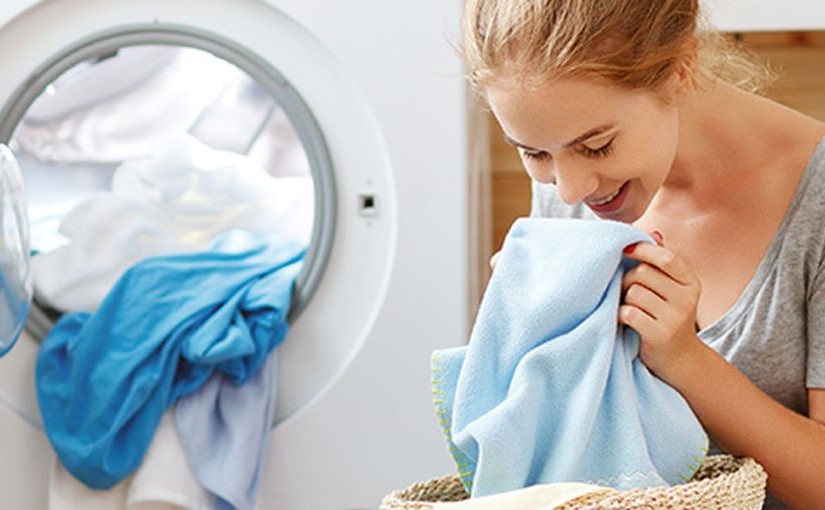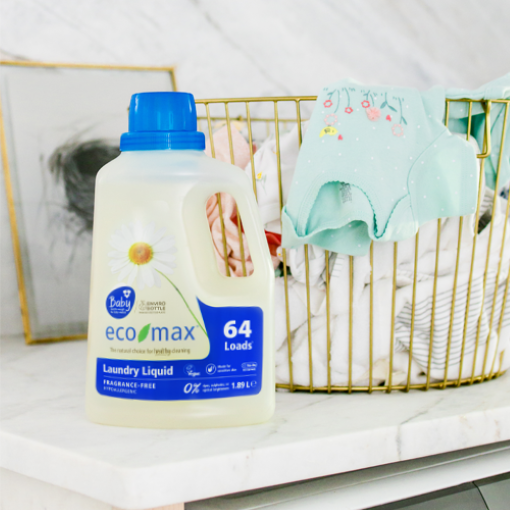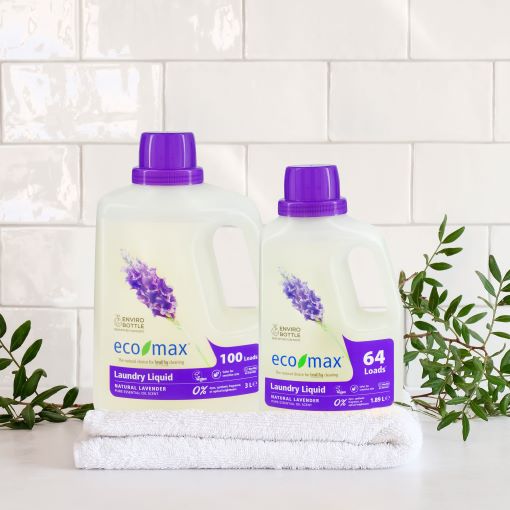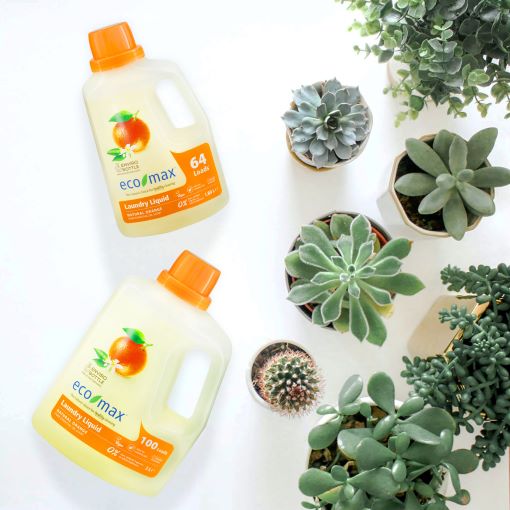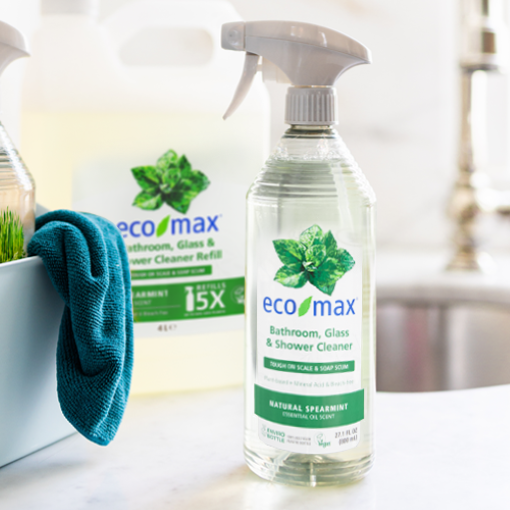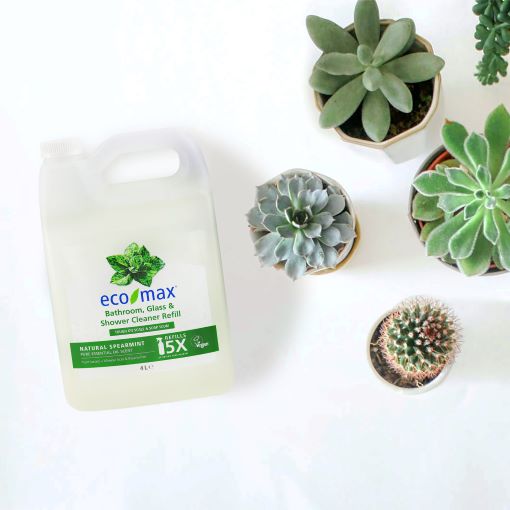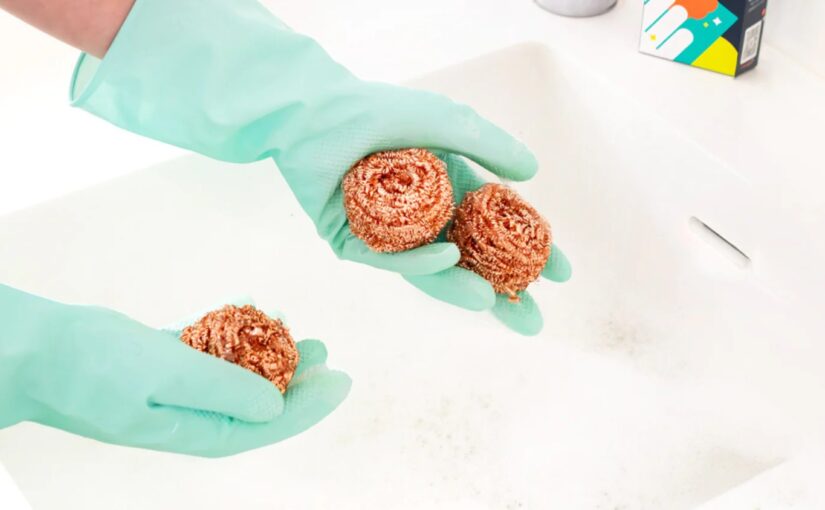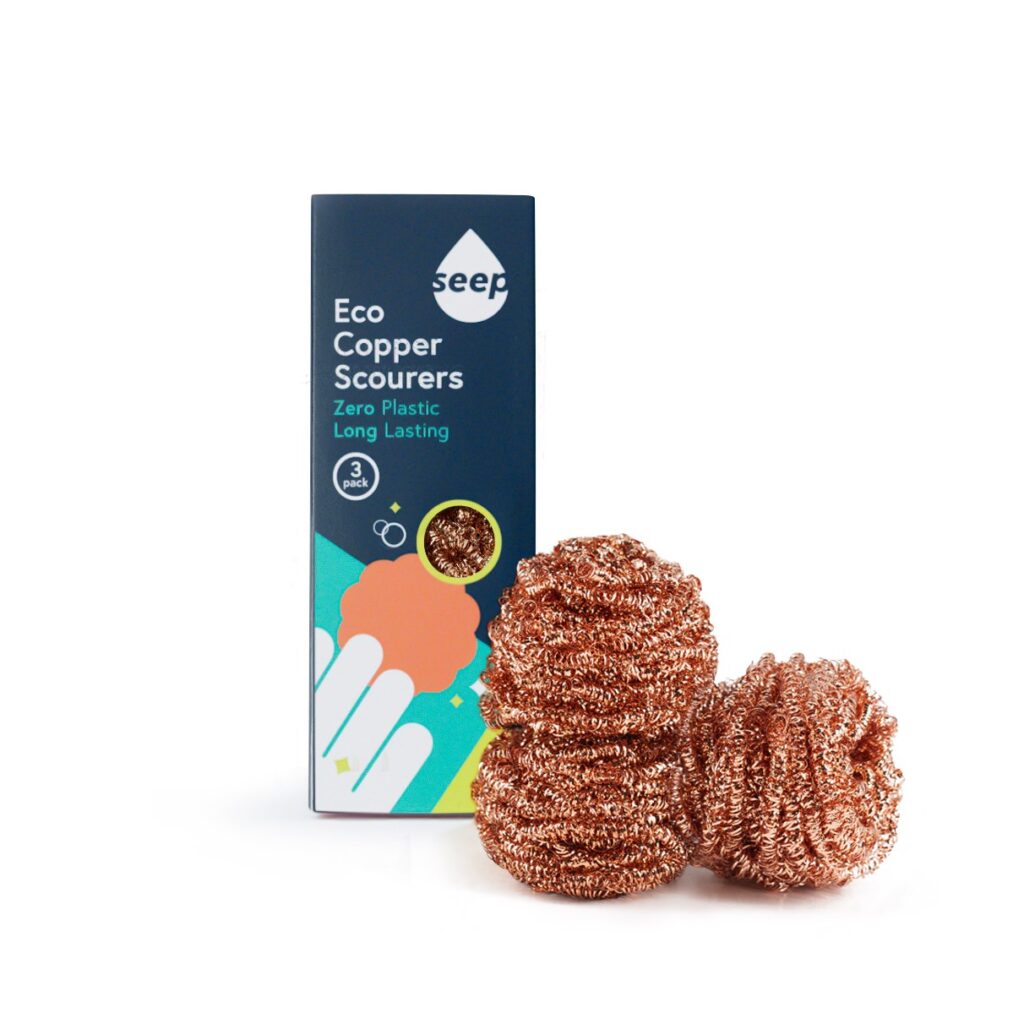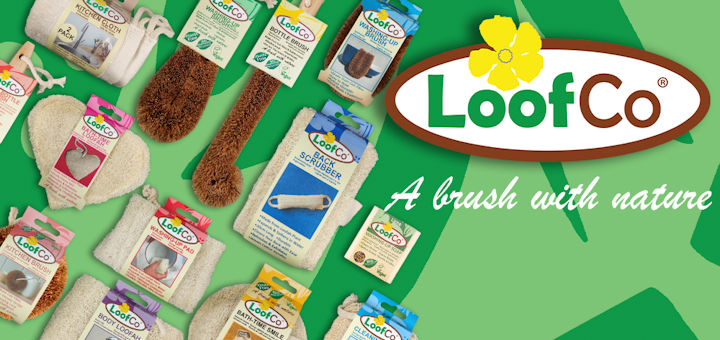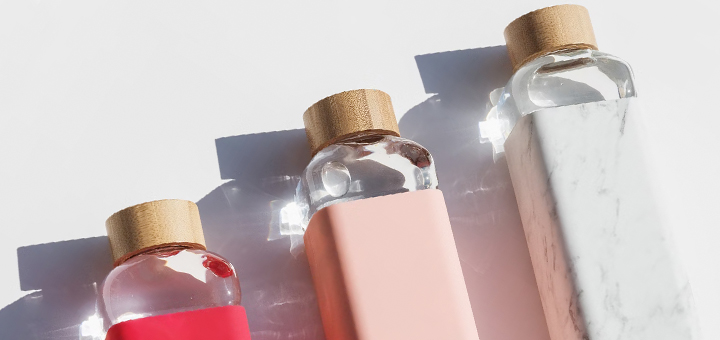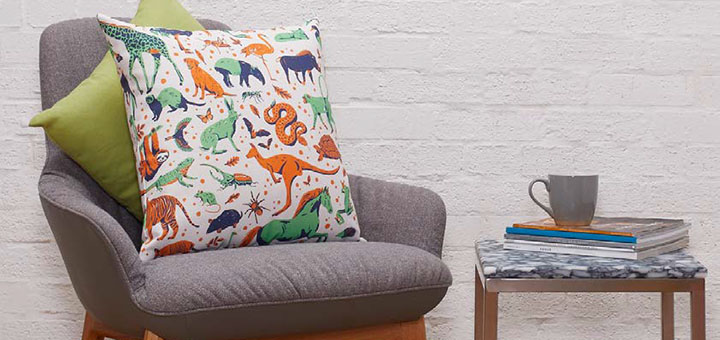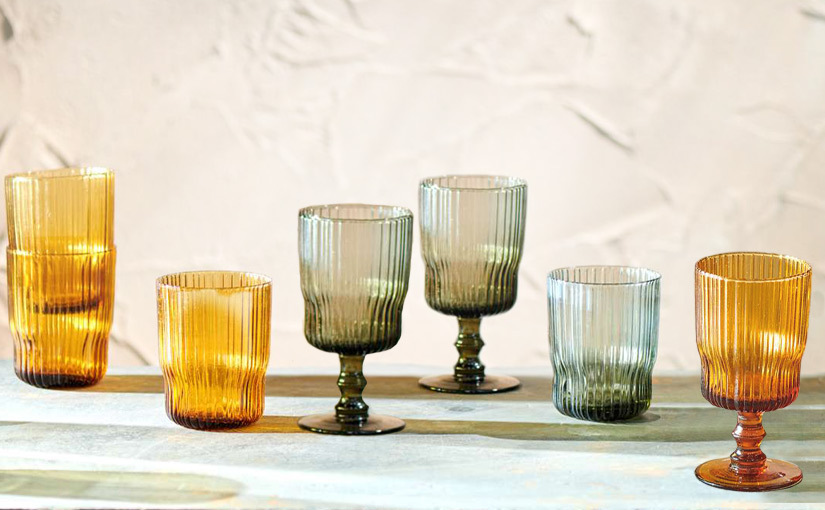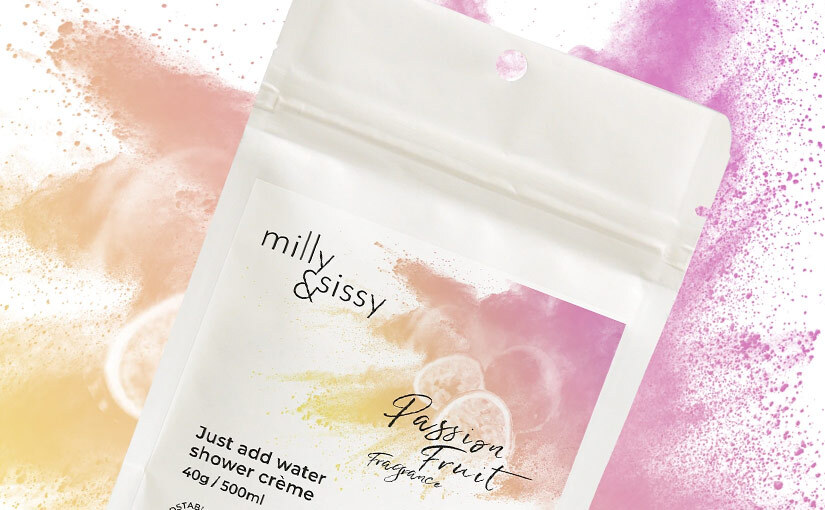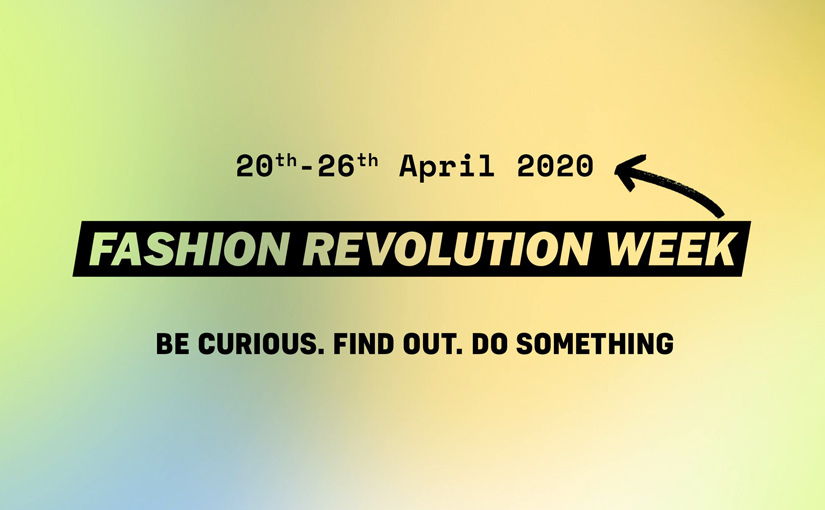It’s no surprise that Waft Laundry Perfume is ideal for adding a distinctive scent to your laundry – whether used neat as a laundry perfume or diluted with vinegar to make a fabric softener. A blend of essential oils and fragrance oils, it’s available in 10ml and 50ml bottles, in Lavender, Sweet Orange, Tropical Flowers and Spring Freshness varieties. What you might not know is that it also has an unexpected range of alternative uses around the home.


Freshen up your tumble dryer
It’s not just the washing machine that can benefit from this product. Try pouring 4-5 drops on a piece of material and throwing it in the tumble dryer to fragrance a fresh load of laundry.
Ironing made pleasant
Spray your clothes before ironing with a solution of 10 drops diluted in 100ml of water. It adds a pleasant scent and makes ironing a more enjoyable task.
Small spaces, big impact
A touch of laundry perfume on a tissue or scrap of cloth is a great way to add fragrance to a small space. If you have a drawer or cupboard that gets a little musty, 4-5 drops should be enough to have it smelling fresh again.


A little fragrance goes further than you might expect – find a suitable nook in your cloakroom or bathroom, and 4-5 drops again will be enough to liven up the whole room. Or tuck the cloth into the side pocket of your car as a discreet alternative to that air freshener dangling from your mirror.
Innovative use with your vacuum cleaner
It sounds strange, but it’s true – you can even use your vacuum cleaner to spread fragrance around a room. Just add a few drops to a cotton ball and place it in the dust bag, and the airflow will circulate the scent.
Enhance homemade cleaning products
If you like to brew up your own chemical-free cleaning products with vinegar and baking soda, but you’re not too fond of the resulting smell, try adding 10 drops of laundry perfume to the water beforehand. It’ll make all the difference.
Endless possibilities
There’s really no end to the uses of this versatile product. Get creative and you might surprise yourself with the results.
Special offer
Save 15% on Waft Laundry Perfumes until 23:59 Sunday 30th June.


